According to the World Health Organization (WHO), it is estimated that the type of herpes simplex virus that causes cold sores (HSV-1) affects up to 67% of the world's population.
For most people, this means the annoyance of an occasional cold sore but nothing too severe. The virus remains inactive most of the time, not causing any symptoms at all.
For astronauts, though, the combination of cosmic radiation, microgravity and the stress of spaceflight have caused the virus to reactivate and even begin causing symptoms in some.
A new study published in the scientific journal Frontiers in Microbiology reveals that several factors are causing the virus to reactivate in astronauts and begin wreaking havoc for them.
Approximately 53% of astronauts are showing signs of the virus in saliva and urine samples.
These signs were found to be more numerous and frequent during spaceflight than they were before or after.
Two other types of herpes virus were also detected. Varicella-zoster virus (VZV), which causes chickenpox and shingles, and Epstein-Barr virus, which causes mononucleosis (usually called "Mono" or "kissing disease").
Spaceflight is a mentally stressful event.
There are many things that astronauts need to keep track of and control, but it is also super stressful on the body.
"During spaceflight there is a rise in secretion of stress hormones like cortisol and adrenaline, which are known to suppress the immune system. In keeping with this, we find that astronaut's immune cells—particularly those that normally suppress and eliminate viruses—become less effective during spaceflight and sometimes for up to 60 days after."
For most of the astronauts studied, it seems that the reactivation of the viruses hasn't caused much of a problem. All but six were asymptomatic and the six who did show symptoms from the virus were minor cases.
As we seek to achieve long-distance spaceflights, this study shows that there are more things we need to focus on than just the logistics.
Dr. Satish K. Mehta of KBR Wyle at the Johnson Space Center, who is the senior author on the study, said:
"The magnitude, frequency and duration of viral shedding all increase with length of spaceflight."
Dr. Mehta thinks vaccination is the key to overcoming this challenge.
"The ideal countermeasure is vaccination for astronauts—but this is so far available only against VZV."
"Trials of other herpes virus vaccines show little promise, so our present focus is on developing targeted treatment regimens for individuals suffering the consequences of viral reactivation."
"This research has tremendous clinical relevance for patients on Earth too. Already, our spaceflight-developed technologies for rapid viral detection in saliva have been employed in clinics and hospitals around the world."
If we humans want to make it to Mars, we need to consider how we're going to make sure that anyone taking the trip stays healthy, too.
Facebook users had quite a bit to say about the news.
Several noted that spaceflight is more than a little bit stressful.


Several people didn't seem to understand that chickenpox and cold sores are caused by herpes viruses, or just how common the viruses are.
Pete Sahagun/Facebook
Robert Wright/Facebook
They were quickly educated by those who were better informed.



Herpes viruses wreak minor havoc here on Earth.
Maybe with more research efforts going toward solving the problem of viruses reactivating in space we will find a vaccine or other cure that will work here at home too!

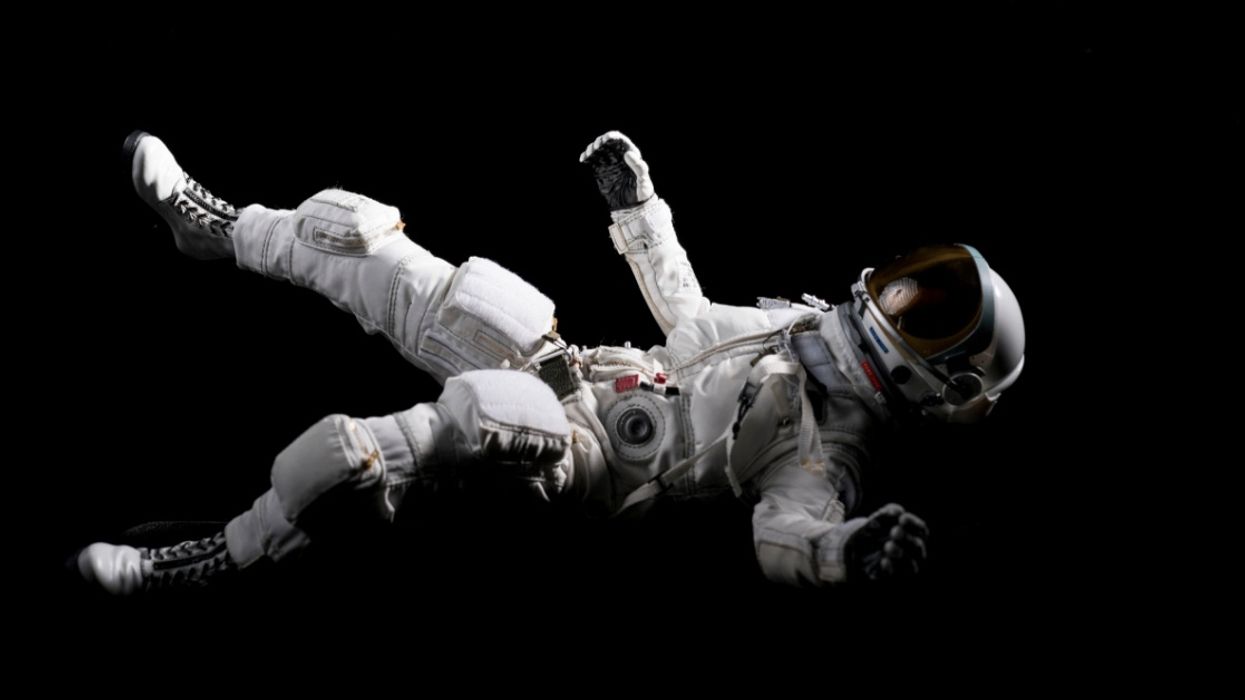

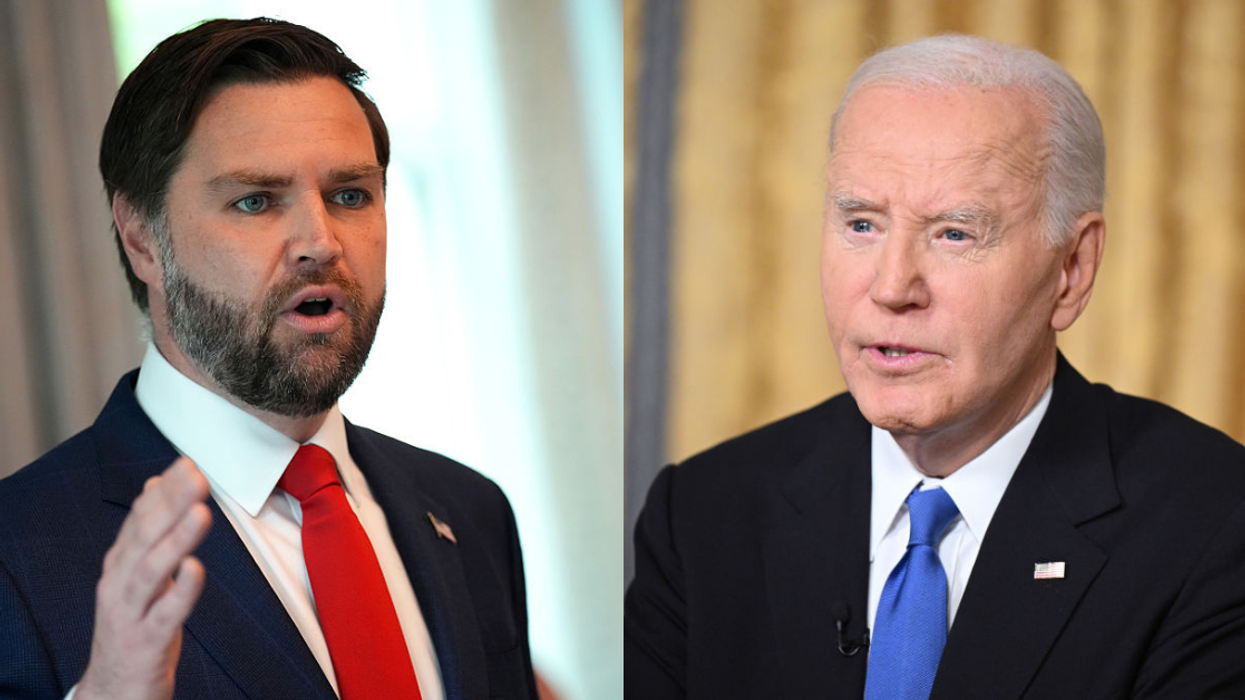

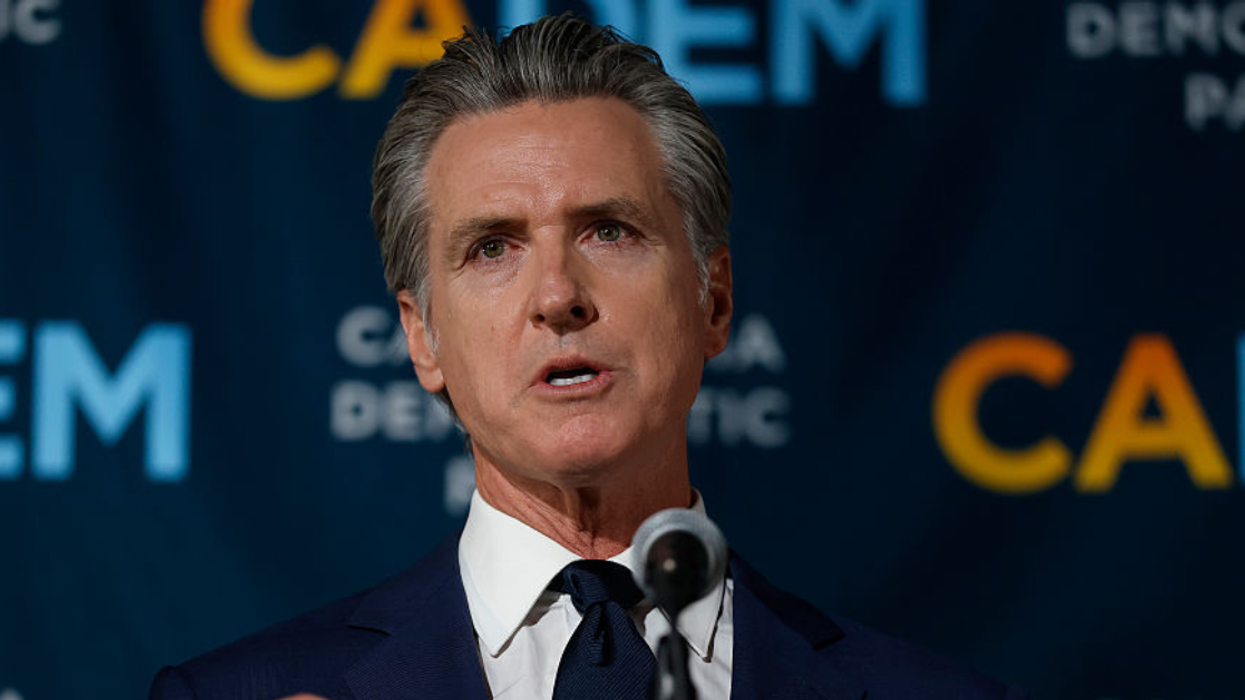


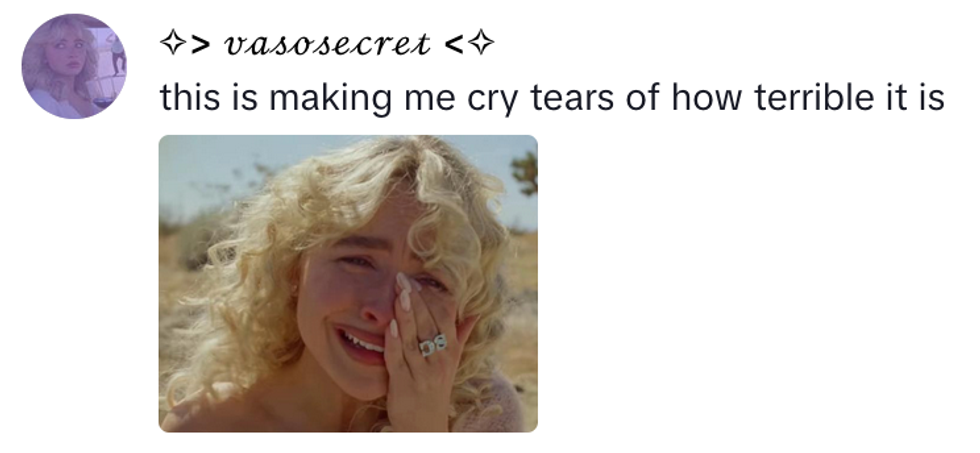 vasosecret/TikTok
vasosecret/TikTok
 dontlookatmedoll156/TikTok
dontlookatmedoll156/TikTok alyssa.b345/TikTok
alyssa.b345/TikTok EllieBelly/TikTok
EllieBelly/TikTok Shelby Daniel/TikTok
Shelby Daniel/TikTok J/TikTok
J/TikTok indigo1009/TikTok
indigo1009/TikTok Kam/TikTok
Kam/TikTok





 @starduster14021/X
@starduster14021/X r/TheMajorityReport/Reddit
r/TheMajorityReport/Reddit r/TheMajorityReport/Reddit
r/TheMajorityReport/Reddit r/TheMajorityReport/Reddit
r/TheMajorityReport/Reddit r/TheMajorityReport/Reddit
r/TheMajorityReport/Reddit r/TheMajorityReport/Reddit
r/TheMajorityReport/Reddit r/TheMajorityReport/Reddit
r/TheMajorityReport/Reddit @sciencexspirit/Bluesky
@sciencexspirit/Bluesky
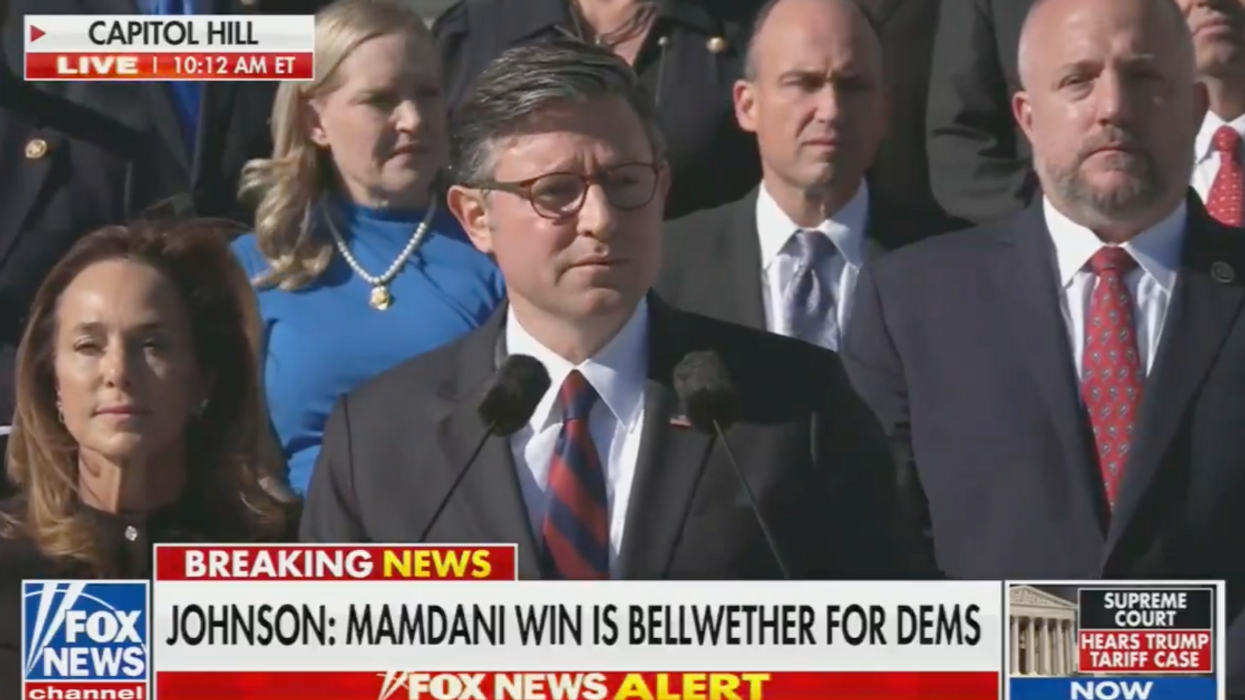

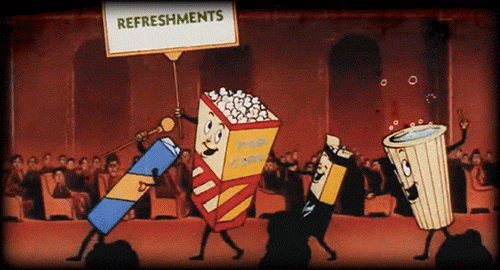 90s popcorn GIF
90s popcorn GIF 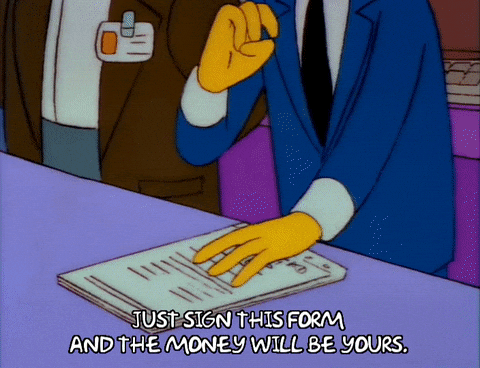 signing season 3 GIF
signing season 3 GIF 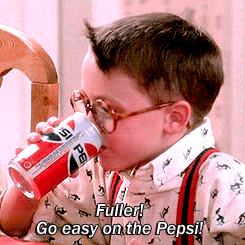 home alone pepsi GIF
home alone pepsi GIF 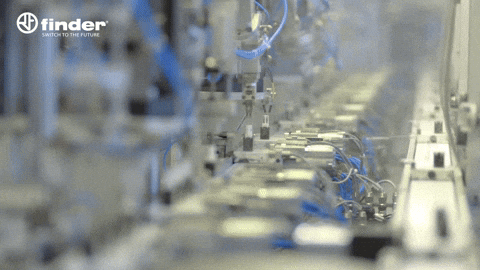 Machine Production GIF by Finder Relais Nederland
Machine Production GIF by Finder Relais Nederland  No No No GIF
No No No GIF